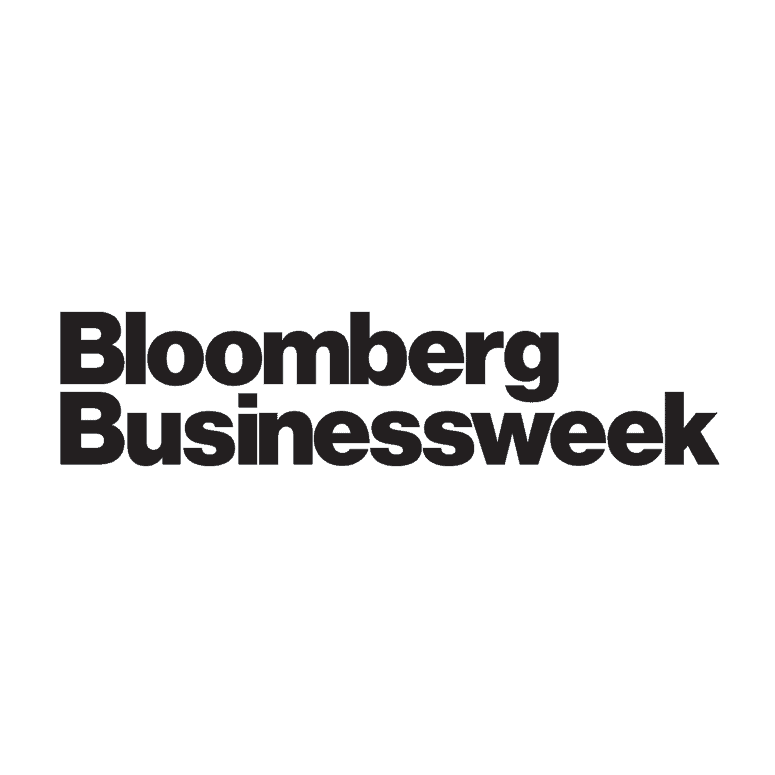
PLUS, a new pop-up store in Toronto’s Yorkdale mall, looks like any other high-end shoe boutique from the outside. Pop-up sneaker stores are easy to overlook, but they’re proliferating in malls across North America where an array of mom-and-pop stores, with names like HypeFetish, Heat Vault, and Hype Store, trade in the same kind of shoes as PLUS. Many shoppers will encounter these stores while looking for a new pair of runners, balk at the prices, and never think of them again.
These low-key shops, however, are part of an enormous, burgeoning sneaker resale industry. It fuels a vast economic machine generating buyers and sellers, investors and authenticators, culture and journalism. Sneaker markets show us the current state of capitalism in microcosm — and give us an excellent idea of where it’s headed.
There’s Gold in Them Thar Shoes
The popularity of sneaker collecting dates back to the launch of the coveted Air Jordan 1 in 1985. For many young people — especially young African Americans — it seemed to offer an accessible, obtainable version of luxury and status. Sneakers even came to embody black expression in an era when the fashion industry was hostile to black culture.

In the nascent sneaker culture, Air Jordan 1s were a statement against white authority made at the highest levels of black-dominated sports like basketball. Initially banned by the NBA, they resulted in fines for Michael Jordan whenever he wore them on the court. Sneakers also became an essential part of hip-hop culture, athleticism, and black metropolitanism: Nike’s white Air Force 1 shoe is colloquially known as the Uptown, for example, because of its popularity in Harlem.
The ongoing commodification of black culture made sneakers into a powerful cultural totem. Major shoe brands have spun their kicks off into popular collaborations with giant figures in the worlds of sport, fashion, music, and art.


 Another Lane
Another Lane 

